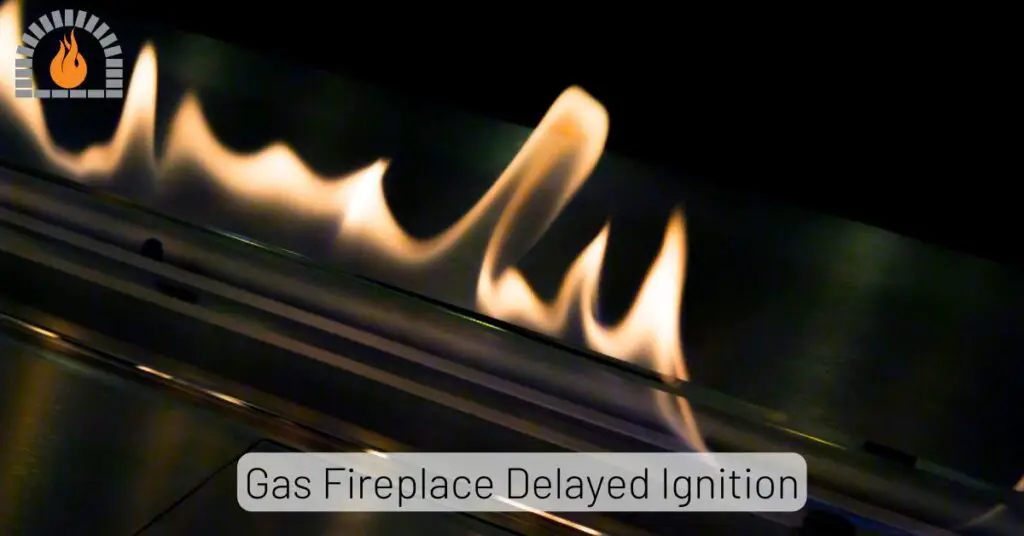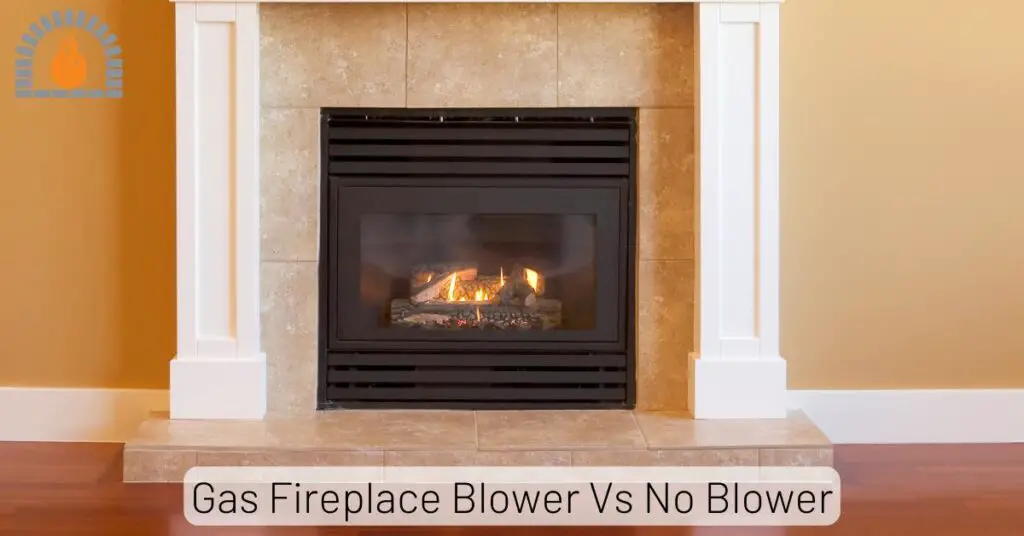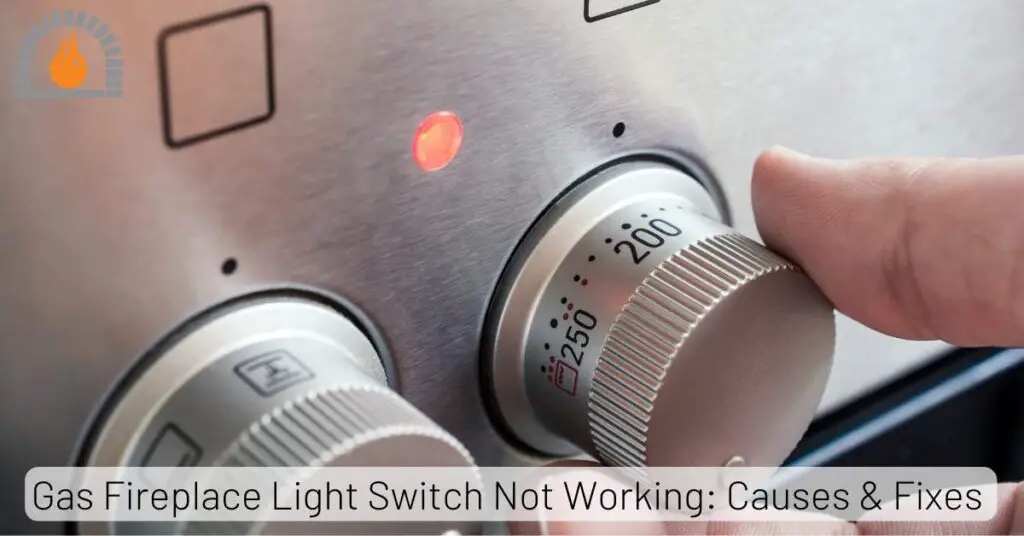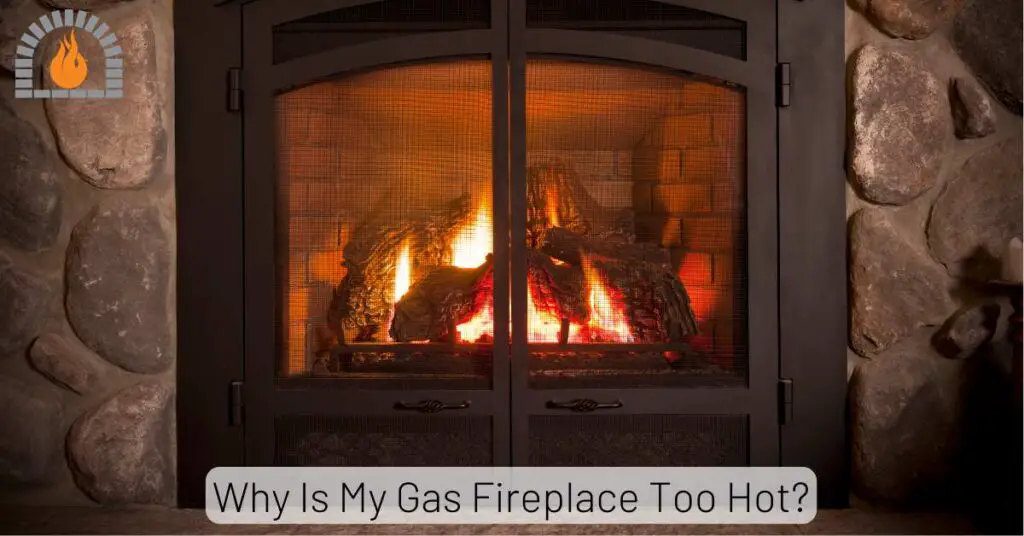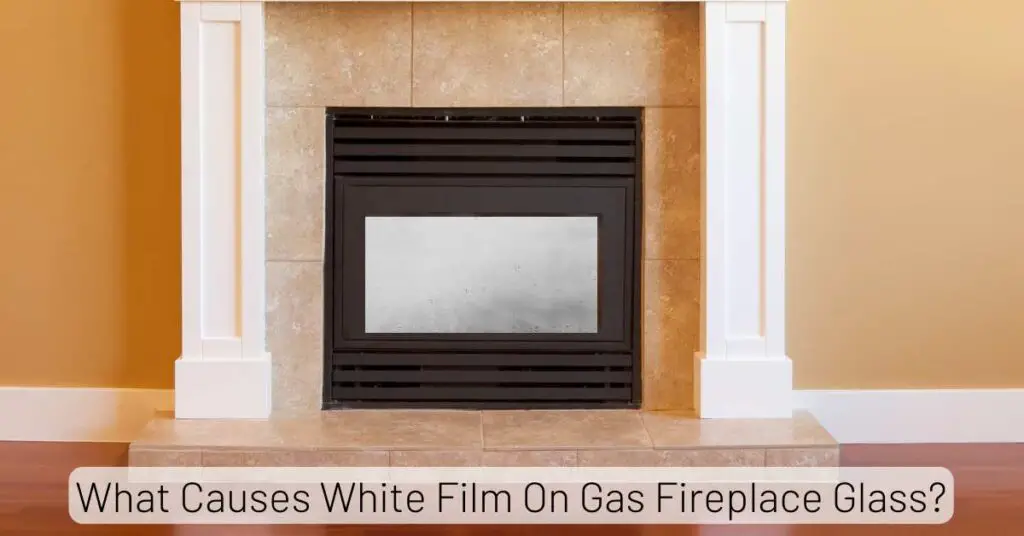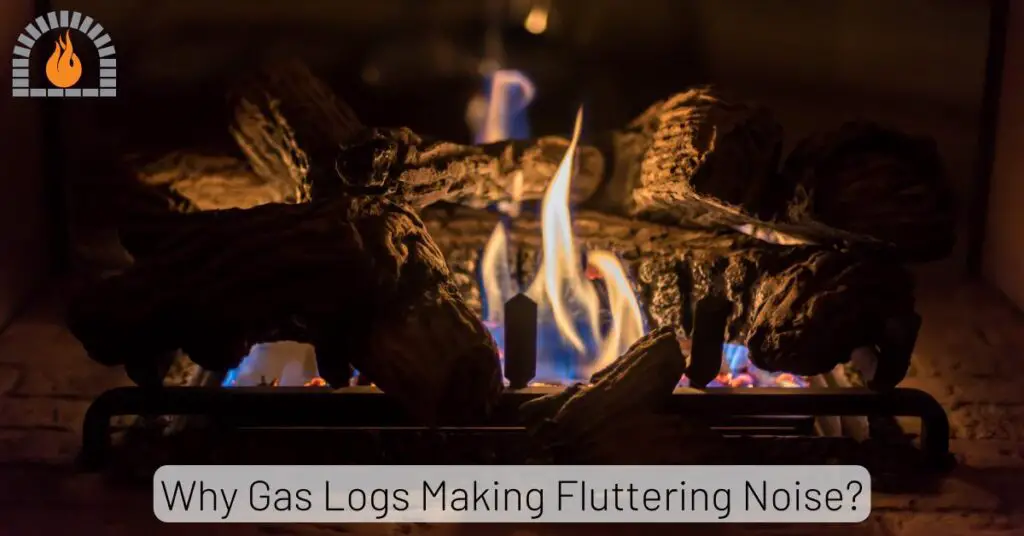Gas fireplaces have gained popularity among homeowners as a convenient and efficient means to introduce both warmth and ambiance into their living spaces. However, it’s not uncommon for individuals to encounter the issue of a gas fireplace taking a considerable amount of time to light.
Why Gas Fireplaces Take Longer to Ignite?
Gas fireplaces can take longer to ignite for several reasons. One common factor is potential issues with the ignition system components, such as the pilot light, thermocouple, and igniter. Irregular gas pressure, impurities in the gas supply, and electronic control module malfunctions are common culprits for delayed ignition.
Common Reasons for Gas Fireplaces Take Longer to Ignite
1. Pilot Light Issues
One of the primary culprits behind a slow-starting gas fireplace is pilot light problems. The pilot light serves as a small, continuously burning flame that ignites the main burner when the fireplace is turned on.
If the pilot light is weak, obstructed, or not functioning correctly, it can significantly delay ignition.
To address this issue:
- Carefully inspect the pilot light.
- Ensure it is clean, debris-free, and burning with an intense, steady flame.
- If necessary, consult the manufacturer’s guidelines for specific troubleshooting steps.
2. Gas Supply and Pressure
Another crucial aspect is the gas supply and pressure feeding into the fireplace. If there are interruptions or fluctuations in gas flow, it can lead to delays in ignition. Low gas pressure, for example, may prevent the burner from lighting promptly.
To rectify this, it’s recommended to consult a licensed professional to assess and adjust the gas supply system, ensuring it meets the manufacturer’s specifications.
3. Thermocouple Malfunction
The thermocouple serves as a crucial safety mechanism, automatically discontinuing the gas supply in the event it detects the extinguishing of the pilot light.
However, if the thermocouple is malfunctioning or improperly positioned, it can mistakenly signal the system to shut down, causing ignition delays.
A qualified technician should inspect the thermocouple, making any necessary adjustments or replacements to ensure it functions as intended.
4. Ignition System Issues
The ignition system of a gas fireplace can be electronic or manual. If the ignition system is faulty or worn out, it can lead to delays in lighting.
Check for loose wires, corroded connections, or damaged components for electronic ignition systems. For manual systems, ensure the igniter is clean and free of obstructions.
Replace or repair any faulty components to restore efficient ignition.
5. Thermostat or Remote-Control Issues
If a thermostat or remote control controls the gas fireplace, issues with these devices can lead to delays in ignition. For instance, if the thermostat is not sending the correct signal, it may not initiate the ignition process.
6. Ignition Control Module
Modern gas fireplaces often have electronic ignition systems controlled by a module. If this module is faulty or damaged, it can result in ignition delays.
7. Dust and Debris
Over time, dust, dirt, and debris can accumulate in the burners, pilot light, and other components. This buildup can hinder the ignition process.
8. Fuel Line Issues
Problems with the gas supply line, such as leaks or blockages, can result in delayed ignition.
9. Venting and Airflow
Adequate venting is essential to ensure the safe functioning of a gas fireplace.If the venting system is blocked, obstructed, or not functioning optimally, it can impede ignition.
Inadequate airflow around the fireplace can cause difficulty in achieving ignition.
Inspect the venting system for blockages or restrictions and ensure ample airflow around the fireplace.
Clear away any obstructions to promote smooth ignition.
Related Post: Is A Gas Fireplace More Efficient Than Furnace?
How long should it take for gas fireplace to light?
A gas fireplace should typically light within a few seconds to a minute after you turn it on.
If it takes longer than this, or if it fails to light at all, there might be an issue that requires attention.
Why does my propane fireplace take so long to ignite?
If it takes longer, it may be due to issues like low gas pressure, air in the line, dirty components, pilot light problems, or faulty ignition systems.
It’s recommended to consult a professional if the issue persists.
Related Post: Why Gas Fireplace Shuts Off After 30 Minutes?
Affiliate Disclosure: Fireplaceadviser.com is a participant in the Amazon Services LLC Associates Program. We may earn a commission when you click on certain links on this site and purchase.

Hello!! I am Jamal Khan. I often fix my home electric heaters and gas stove problems and research the common issues in the heating units to improve my knowledge and expertise. The aim of establishing fireplaceadviser.com is to share my expertise and knowledge with my audience.






